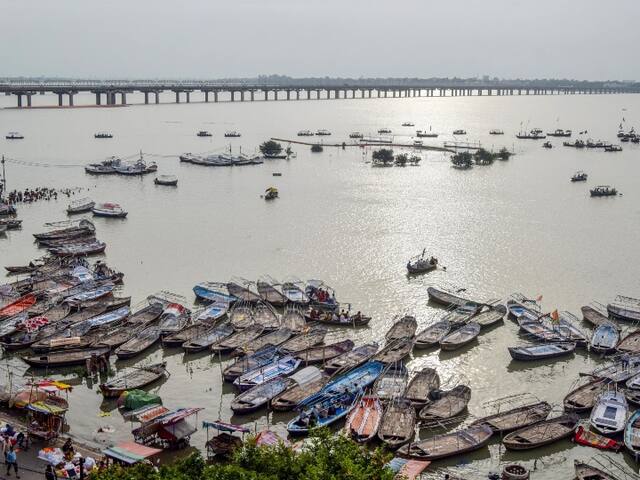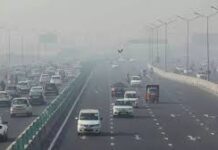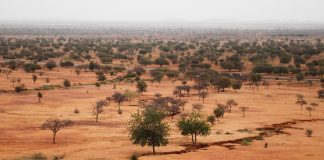New Delhi: The National Green Tribunal (NGT) has registered a suo-motu case based on a news report published in “India Today” on August 1, 2025, titled “Groundwater not glacier melt keeps Ganga flowing in summer”. The Tribunal took up the matter citing possible violations of the Environment Protection Act, 1986.
The article, referring to a recent study by IIT-Roorkee, highlights that the summer flow of the Ganga River, especially from the Himalayan foothills to Patna—is sustained largely by groundwater, not glacier melt.
Using isotope analysis, the study found that glacier melt plays a minimal role in the plains, while groundwater discharge boosts the river’s volume by nearly 120 percent. The study also warns that nearly 58 percent of the river’s water is lost to evaporation during summer months.
The report recommends urgent measures such as aquifer management, groundwater recharge, restoration of wetlands, and revival of tributaries—actions crucial to the success of government programs like Namami Gange and Jal Shakti Abhiyan.
In view of the environmental implications, the NGT has directed notices to several key government bodies, including: The Ministry of Environment, Forest and Climate Change, The Department of Water Resources, River Development and Ganga Rejuvenation and The National Mission for Clean Ganga, The Central Ground Water Board.
Respondents have been ordered to submit their replies via affidavit at least a week before the next hearing date. If any reply is submitted without the assistance of legal counsel, the concerned official must appear virtually to assist the Tribunal.
The Tribunal has cited the Supreme Court’s ruling in Municipal Corporation of Greater Mumbai vs. Ankita Sinha & Ors), which affirmed its power to initiate suo-motu proceedings in matters of environmental importance.
This move by the NGT underscores the growing concern over the sustainability of India’s river systems amid escalating groundwater depletion and climate change impacts.






